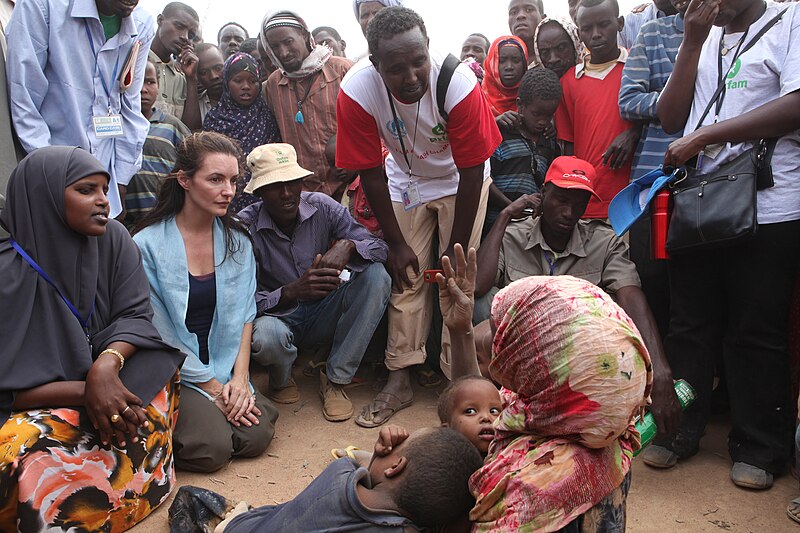Let’s talk about 10 countries in Africa where you could face prison if you expressed a negative opinion criticizing the president, leader, or the government. This is important to know because if you have put yourself at such risk, the United States offers political asylum.
In the US, you are free to criticize leaders and say whatever you want within reason, as long as it’s not sedition or encouraging and inciting violence. You’re practically free to say whatever you want and express opinions, even about the president of the United States. It’s called free speech, and it is sacrosanct in the United States. Africa, however, is a different story. So let’s go through this list of 10 countries.
First of all, we have Egypt, where they have the cyber crime law and anti-terrorism law. These laws put social media users at risk, and they can be imprisoned for posts criticizing President Abdul Fattah el-Sisi or government policies. People are often jailed under the guise of stopping the spread of fake news.
In Tunisia, the penal code and cyber crime decree of 2022 are in effect. Social media users have been widely arrested for posts deemed defamatory or harmful to public order, especially criticism of the president.
In Uganda, you have the computer misuse and penal code laws. Critics of President Yoweri Museveni have been arrested and jailed for social media posts alleging corruption or human rights abuses.
In Rwanda, the penal code includes provisions on defamation and incitement. Criticism of President Paul Kagame online can lead to imprisonment under accusations of inciting insurrection.
In Tanzania, the Cyber Crimes Act puts people at risk. Online posts critical of the government or President Samia Suluhu Hassan can lead to charges of spreading false information.

In Zimbabwe, the criminal law codification and reform act is used to jail social media users for comments deemed as undermining the authority of President Emmerson Mnangagwa.
In Cameroon, the cyber security and cyber crime laws are applied. Criticism of President Paul Biya online can lead to arrest and charges of defamation or incitement.
In Ethiopia, the hate speech and disinformation prevention law is in effect. Criticism of Prime Minister Abiy Ahmed or the government on social media can result in imprisonment for allegedly inciting violence.
In Eritrea, the government enforces strict censorship and arbitrary detentions. There is very limited internet usage, but any criticism of President Isaias Afwerki, even online, can lead to indefinite imprisonment.
In Morocco, the penal code and cyber crimes law put social media users at risk. People have been imprisoned for posts criticizing King Mohammed VI or government policies, often under defamation or state authority charges.
The problem with many of these laws is that they are vaguely worded, which allows for broad interpretation to silence criticism by treating it as a criminal act. Penalties include not only imprisonment but fines as well, depending on the severity of the alleged offense. International human rights organizations frequently criticize these practices.
In the United States, you can gain asylum if you are subjected to these laws and have a well-founded fear of persecution on account of your political opinions.
